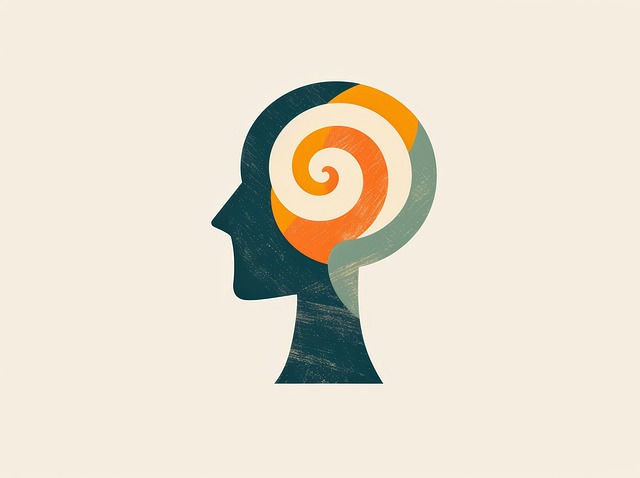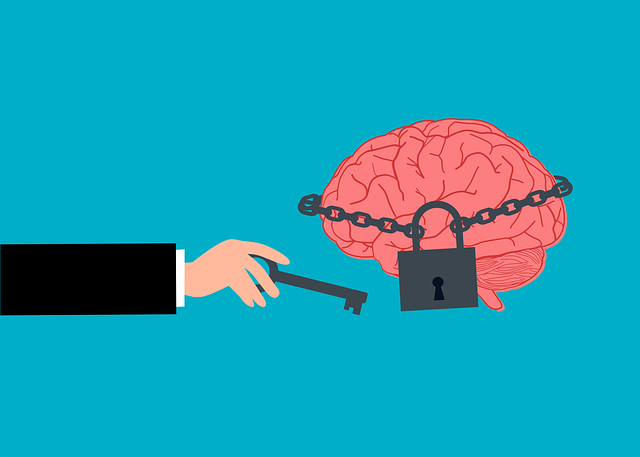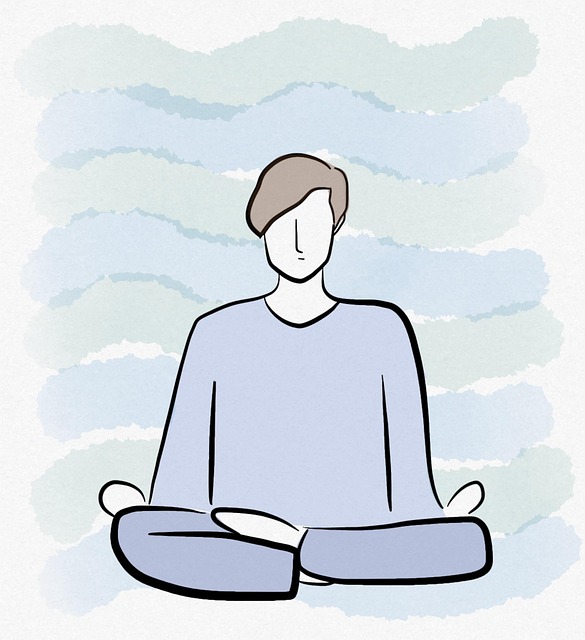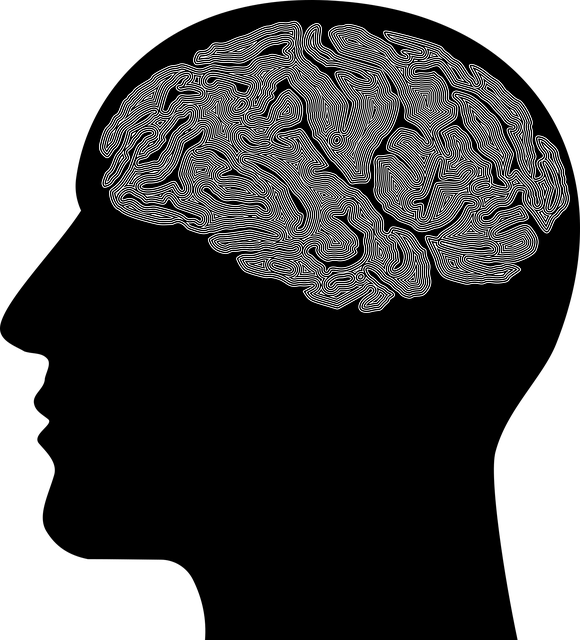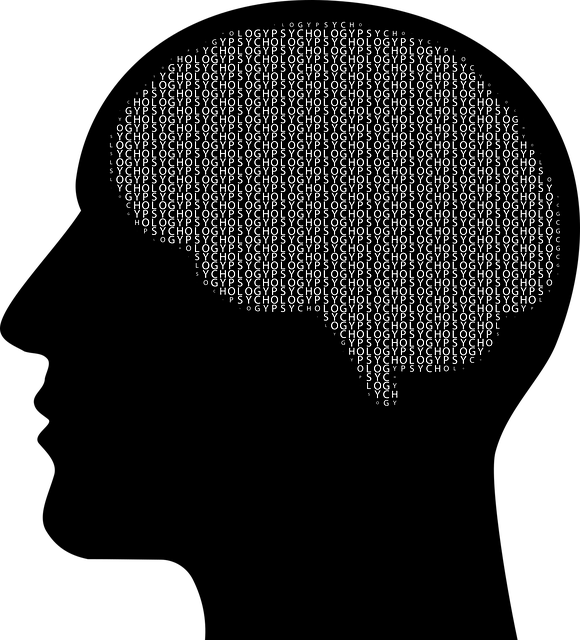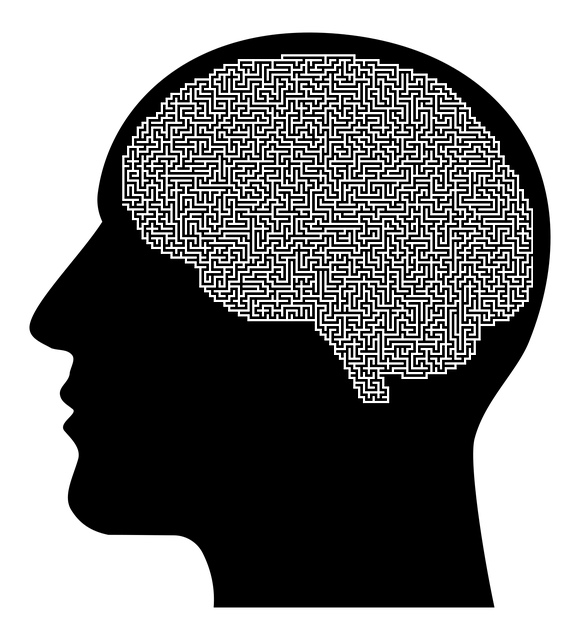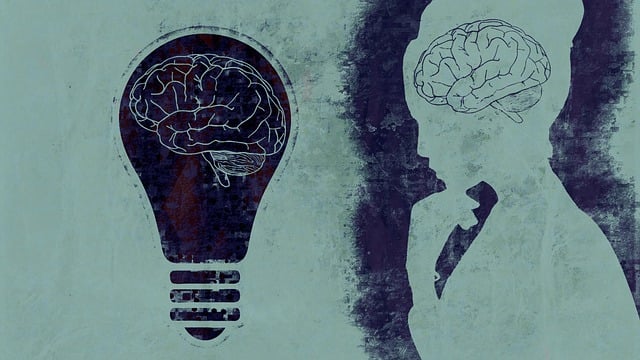Boulder Psychosis Therapy offers a comprehensive approach to anxiety management, focusing on self-awareness and tailored strategies. They combine cognitive behavioral therapy (CBT), mindfulness practices, and lifestyle adjustments to address triggers, reduce symptoms, and build long-term resilience. By fostering cultural sensitivity, they ensure inclusive care, and their Stress Management Workshops empower individuals with practical tools to confront anxiety effectively. Through holistic methods, Boulder Psychosis Therapy helps clients develop healthy coping mechanisms, improve emotional regulation, and enhance overall well-being.
Anxiety is a pervasive emotion that, left unmanageable, can disrupt daily life. This article explores effective techniques to combat anxiety, offering a comprehensive guide for those seeking relief. From understanding the complex nature of anxiety to adopting holistic practices like Boulder Psychosis Therapy, each section delves into actionable strategies. Learn about cognitive behavioral techniques, mindfulness meditation, and lifestyle adjustments that promote long-term mental well-being.
- Understanding Anxiety: Unraveling the Complex Emotion
- Boulder Psychosis Therapy: A Holistic Approach to Calming Minds
- Cognitive Behavioral Techniques for Daily Coping
- Mindfulness and Meditation: Training Your Attention
- Lifestyle Adjustments for Long-Term Anxiety Management
Understanding Anxiety: Unraveling the Complex Emotion

Anxiety is a complex and multifaceted emotion that affects individuals in varied ways. It’s a natural response to stress or perceived threats, but when it becomes persistent and overwhelming, it can transform into an anxiety disorder. Recognizing and understanding anxiety’s nuances is a pivotal step towards effective management. Boulder Psychosis Therapy emphasizes the importance of this self-awareness, encouraging clients to explore their unique triggers and emotional patterns.
Through various techniques, including Self-Awareness Exercises, therapists help individuals navigate their anxious thoughts and feelings. By increasing cultural sensitivity in mental healthcare practice, therapists can create a safe space for clients from diverse backgrounds, ensuring inclusive and effective therapy. Moreover, Stress Management Workshops Organization offers valuable tools and strategies to equip people with the skills needed to confront and overcome anxiety.
Boulder Psychosis Therapy: A Holistic Approach to Calming Minds

Boulder Psychosis Therapy offers a holistic approach to calming minds, addressing not just symptoms but the root causes of anxiety. This therapeutic method recognizes that each individual’s experience is unique, and thus, it tailor-fits strategies for effective mood management and resilience building. Through a combination of cognitive behavioral therapy, mindfulness practices, and self-care techniques, Boulder Psychosis Therapy helps clients develop healthy coping mechanisms to navigate life’s challenges.
The focus on holistic healing encourages individuals to embrace self-care practices as an integral part of their well-being. By fostering a deeper understanding of their thoughts and emotions, clients gain the tools to manage anxiety in the long term. This approach not only provides immediate relief but also empowers individuals to build resilience, enabling them to face future stressors with increased confidence and tranquility.
Cognitive Behavioral Techniques for Daily Coping

Cognitive Behavioral Techniques (CBT) offer powerful tools for managing anxiety on a daily basis. This evidence-based approach, often employed by Boulder Psychosis Therapy professionals, focuses on identifying and changing negative thought patterns that contribute to anxious feelings. By challenging distorted thoughts and replacing them with more realistic and positive thinking, individuals can significantly reduce their anxiety levels. CBT encourages active participation in coping strategies, empowering folks to take control of their mental well-being.
One key aspect of CBT is learning relaxation techniques, such as deep breathing exercises, mindfulness meditation, or progressive muscle relaxation, which help induce a sense of calm and anxiety relief. Additionally, this method promotes problem-solving skills, enabling individuals to confront and overcome anxious triggers. The Community Outreach Program Implementation can further enhance these benefits by providing support networks and resources, fostering a sense of belonging and empowering folks to manage their anxiety effectively in various settings.
Mindfulness and Meditation: Training Your Attention

Mindfulness and meditation are powerful tools for managing anxiety, often recommended by Boulder psychosis therapy experts. By training your attention to focus on the present moment, rather than ruminating on past or future events, these practices can help calm the mind and reduce anxious thoughts. Regular mindfulness exercises involve observing your breath, bodily sensations, and thoughts without judgment, fostering a deeper awareness of your internal state.
This heightened awareness can translate into better emotional regulation during stressful situations. Additionally, studies in mental health policy analysis and advocacy highlight the long-term benefits of mindfulness for improving overall well-being and quality of life. Beyond anxiety management, confidence boosting techniques and social skills training can further enhance an individual’s ability to navigate challenging emotions and build healthier relationships.
Lifestyle Adjustments for Long-Term Anxiety Management

Anxiety management isn’t just about finding quick fixes; it’s a journey towards long-term mental well-being. For many, lifestyle adjustments play a pivotal role in this process. Boulder Psychosis Therapy emphasizes that creating sustainable habits can significantly reduce anxiety symptoms and enhance overall quality of life. This includes adopting healthy eating patterns, ensuring adequate sleep, and incorporating regular physical activity into daily routines. These foundational changes not only support mental health but also strengthen resilience against stress and anxiety.
Moreover, Compassion Cultivation Practices, a key aspect often explored in therapy, encourages individuals to cultivate self-compassion and kindness towards themselves and others. This can be as simple as practicing mindfulness during daily activities or engaging in more structured conflict resolution techniques to navigate relationships. By integrating these practices into their lives, folks not only manage anxiety but also foster better emotional regulation and enhanced social connections, contributing to a more fulfilling life.
Anxiety management is a multifaceted journey, and as this article has explored, various techniques can empower individuals to take control. From understanding the emotion’s complexities to adopting holistic practices like Boulder Psychosis Therapy, daily coping strategies, mindfulness, and lifestyle changes, each plays a vital role in long-term anxiety reduction. By integrating these methods into daily routines, folks can navigate life’s challenges with enhanced resilience and a calmer mind.

